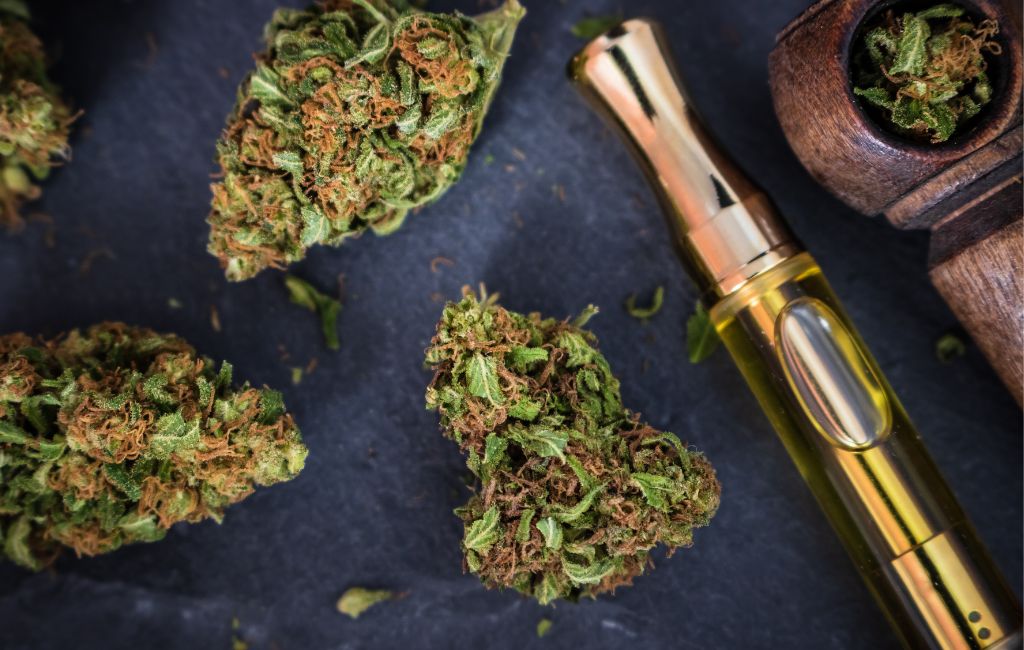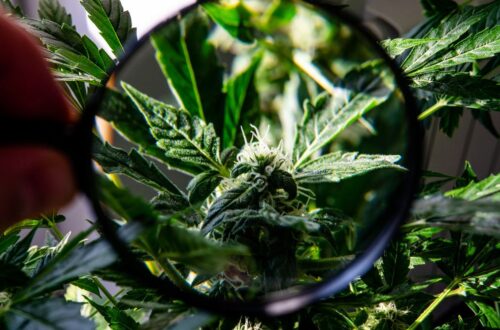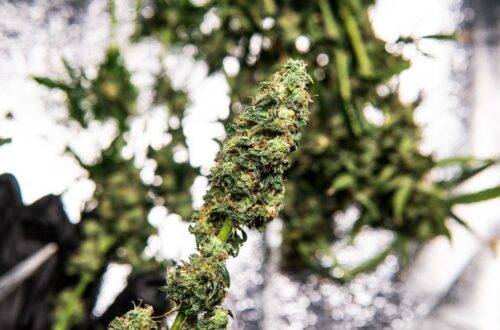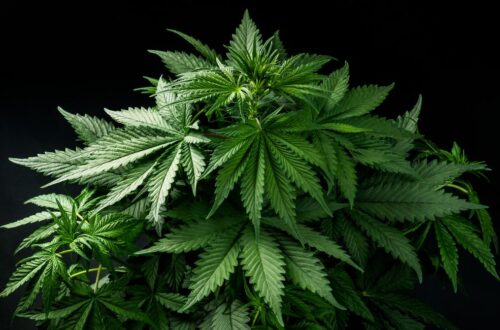How THCa Flower for Pain Provides Natural Relief
In recent years, the exploration of natural remedies for pain management has gained significant traction. Among these, THCa flower has emerged as a promising option for those seeking relief without the side effects associated with traditional pharmaceuticals. This article delves into the potential of THCa flower for pain reliever, examining its properties, benefits, and real-world applications.
Understanding THCa: The Precursor to THC
THCa, or tetrahydrocannabinolic acid, is a non-psychoactive cannabinoid found in raw cannabis plants. Unlike THC, which is known for its psychoactive effects, THCa does not produce a “high.” This makes it an attractive option for individuals who want the therapeutic benefits of cannabis without the mind-altering effects.
When cannabis is heated through smoking, vaping, or cooking, THCa is converted into THC. However, when consumed in its raw form, THCa retains its non-psychoactive properties, offering a different set of benefits.
The Science Behind THCa
Research into THCa is still in its early stages, but preliminary studies suggest that it may have anti-inflammatory, neuroprotective, and anti-emetic properties. These attributes make it a potential candidate for managing various types of pain, including chronic pain conditions.
- Anti-inflammatory: THCa may help reduce inflammation, which is a common cause of pain in conditions like arthritis.
- Neuroprotective: Some studies indicate that THCa might protect nerve cells from damage, offering potential relief for neuropathic pain.
- Anti-emetic: THCa could help alleviate nausea and vomiting, symptoms often associated with pain and discomfort.
Benefits of Using THCa Flower for Pain Relief
For those seeking natural pain relief, THCa flower offers several advantages. Its non-psychoactive nature allows users to incorporate it into their daily routine without impairing cognitive function. This is particularly beneficial for individuals who need to maintain focus and clarity throughout the day.
Non-Psychoactive Relief
One of the primary benefits of THCa flower is its ability to provide relief without the psychoactive effects of THC. This makes it suitable for a wide range of users, including those who are sensitive to THC or who need to avoid its effects for professional or personal reasons.
Potential for Chronic Pain Management
Chronic pain conditions, such as fibromyalgia and arthritis, can be debilitating and difficult to manage. THCa flower offers a natural alternative that may help alleviate pain and improve quality of life. Some users report significant reductions in pain levels and an increased ability to engage in daily activities.
Case Studies and User Experiences
While scientific research is ongoing, anecdotal evidence from users provides valuable insights into the effectiveness of THCa flower for pain relief. Many individuals have shared their experiences online, highlighting the positive impact it has had on their pain management strategies.
- A user with arthritis reported reduced joint pain and increased mobility after incorporating THCa flower into their regimen.
- Another individual with chronic back pain found that THCa flower helped them reduce their reliance on prescription pain medications.
- Some users have noted improvements in sleep quality, which is often disrupted by chronic pain.
How to Use THCa Flower for Pain Relief
Incorporating THCa flower into a pain management plan can be done in several ways. The method of consumption can influence the onset and duration of effects, so it’s important to choose an approach that aligns with individual needs and preferences.
Raw Consumption
Consuming THCa flower in its raw form is one of the simplest methods. This can be done by adding it to smoothies, salads, or other foods. Raw consumption preserves the non-psychoactive properties of THCa, allowing users to benefit from its therapeutic effects without experiencing a high.
Topical Applications
Topical products infused with THCa can be applied directly to the skin, targeting specific areas of pain or inflammation. This method is particularly useful for localized pain, such as joint or muscle discomfort.
Tinctures and Capsules
For those who prefer a more controlled dosage, THCa tinctures and capsules offer a convenient option. These products provide a consistent dose of THCa, making it easier to monitor and adjust intake as needed.
Challenges and Considerations
While THCa flower holds promise as a natural pain reliever, there are challenges and considerations to keep in mind. The legal status of cannabis products varies by region, and it’s important to be aware of local regulations before purchasing or using THCa flower.
Additionally, individual responses to THCa can vary. What works for one person may not be as effective for another, highlighting the importance of personalized approaches to pain management.
Conclusion
THCa flower presents a compelling option for those seeking natural pain relief. Its non-psychoactive properties, combined with potential anti-inflammatory and neuroprotective benefits, make it an attractive alternative to traditional pain medications. While more research is needed to fully understand its effects, the growing body of anecdotal evidence suggests that THCa flower could play a valuable role in pain management strategies. As with any treatment, it’s important to consult with a healthcare professional to determine the best approach for individual needs.




